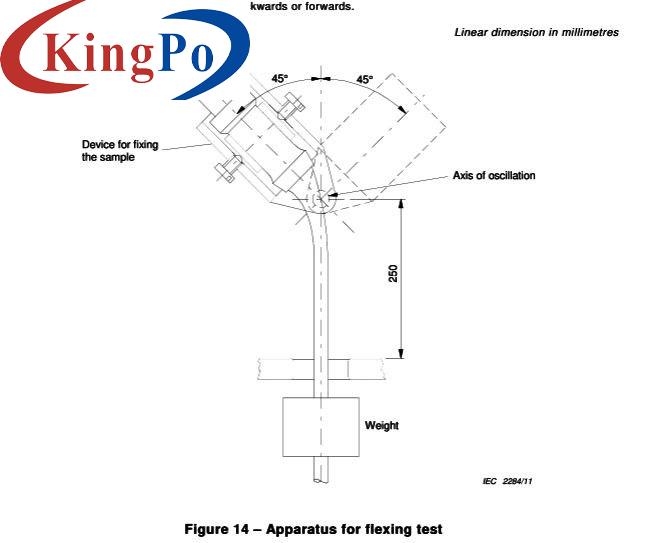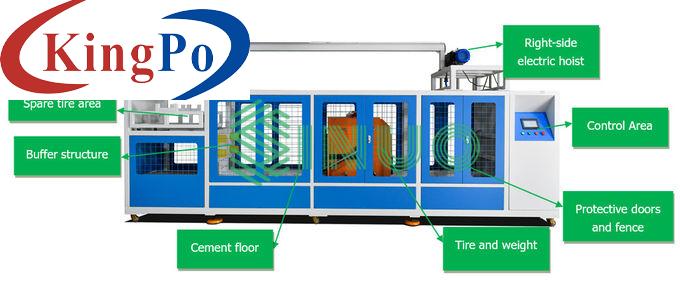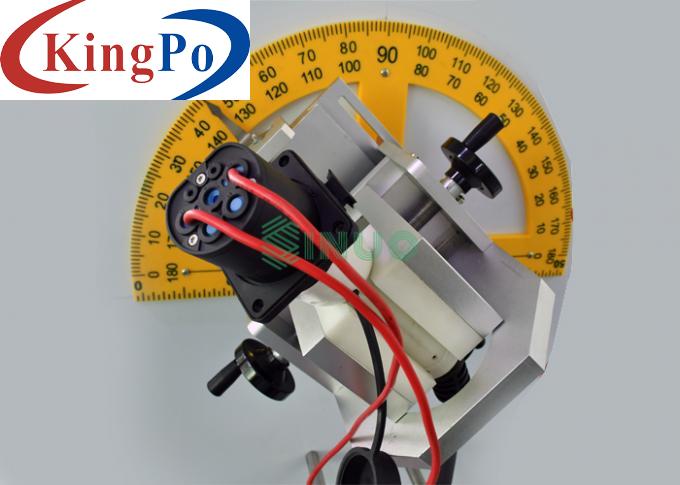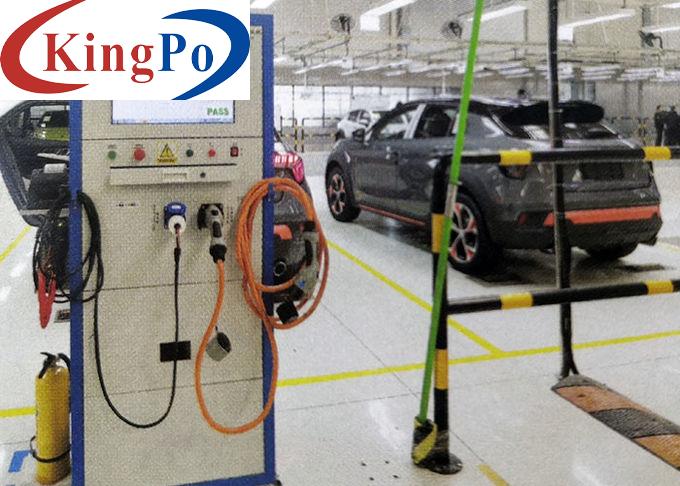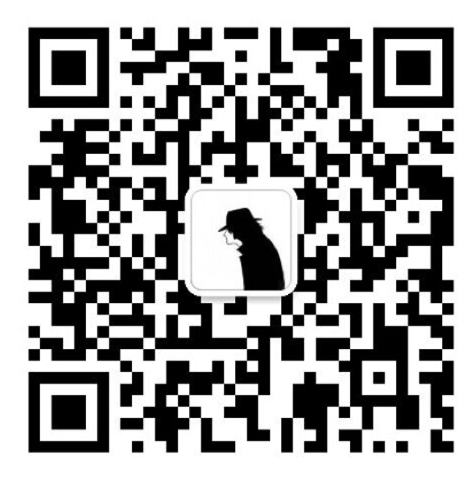Products
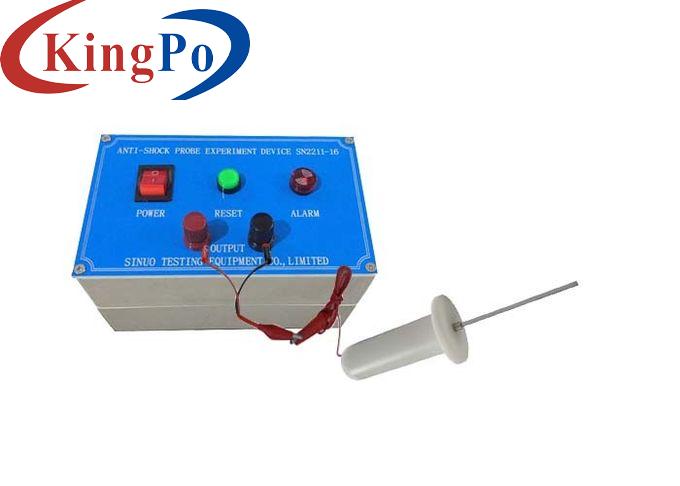
Clause 10.2 “A” “B” Gauge For Checking Shutters 20N 1N Rigid Steel Wires
Products Description
IEC 62196-1 Gauge“A”Guage“B”for Checking Shutters 20N 1N Test Probes
Product information:
These two test gauges separately confirm to the IEC 62196-1Ed.4CDV 2020 clause 10.2, figure 9 and figure 10. The SN2211-5 test probe with 20N force and the SN2211-6 test probe with 1N force.
Technical parameters:
1. Gauge "A" with force of 20N SN2211-5
Rigid steel wire part: Φ3+0.03 0×1+0.015 0×80±0.5; end rounded: R0.2±0.05, with 20N force.
2. Gauge "B" with force of 1N SN2211-6:
Rigid steel wire part: Φ1+0.015 0×80±0.5; end rounded: R0.05, with 1N force.
Test procedures (Excerpt from IEC 62196-1Ed.4CDV 2020 clause 10.2):
An electrical indicator with a voltage between 40 V and 50 V included is used to show contact with the relevant part.
Work Together with KingPo Electrical Indicator
No.:
Item
Specification
1
Gauge “A” with force of 20N SN2211-5
Rigid steel wire part: Φ3+0.03 0×1+0.015 0×80±0.5; end rounded: R0.2±0.05, with 20N force.
2
Gauge “B” with force of 1N SN2211-6
Rigid steel wire part: Φ1+0.015 0×80±0.5; end rounded: R0.05, with 1N force.
Compliance is checked by inspection and for socket-outlets with a plug completely withdrawn by applying the above gauges as follows.
The gauge according to Figure 9 is applied to the entry holes corresponding to the live contacts and to any other opening of the engagement surface with a force of 20 N.
The gauge is applied to the shutters in the most unfavourable position, successively in three directions, to the same place for approximately 5 s in each of the three directions.
During each application the gauge shall not be rotated, and it shall be applied in such a way that the 20 N force is maintained. When moving the gauge from one direction to the next, no force is applied but the gauge shall not be withdrawn.
A steel gauge, according to Figure 10, is then applied with a force of 1 N and in three directions, for approximately 5 s in each direction, with independent movements, withdrawing the gauge after each movement.
For socket-outlets and vehicle inlet with enclosures or bodies of thermoplastic material, the test is made at an ambient temperature of (35 ± 2) °C, both the socket-outlets and the gauge being at this temperature.
